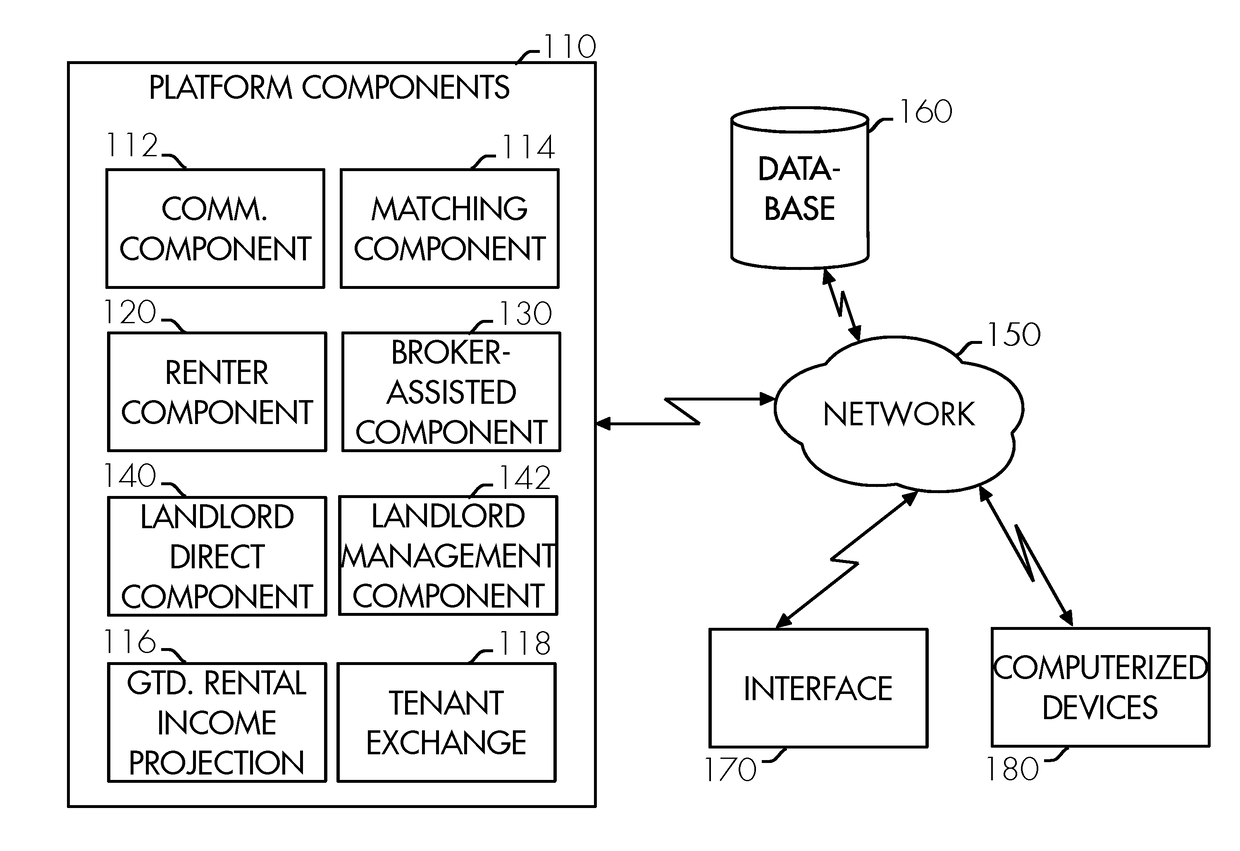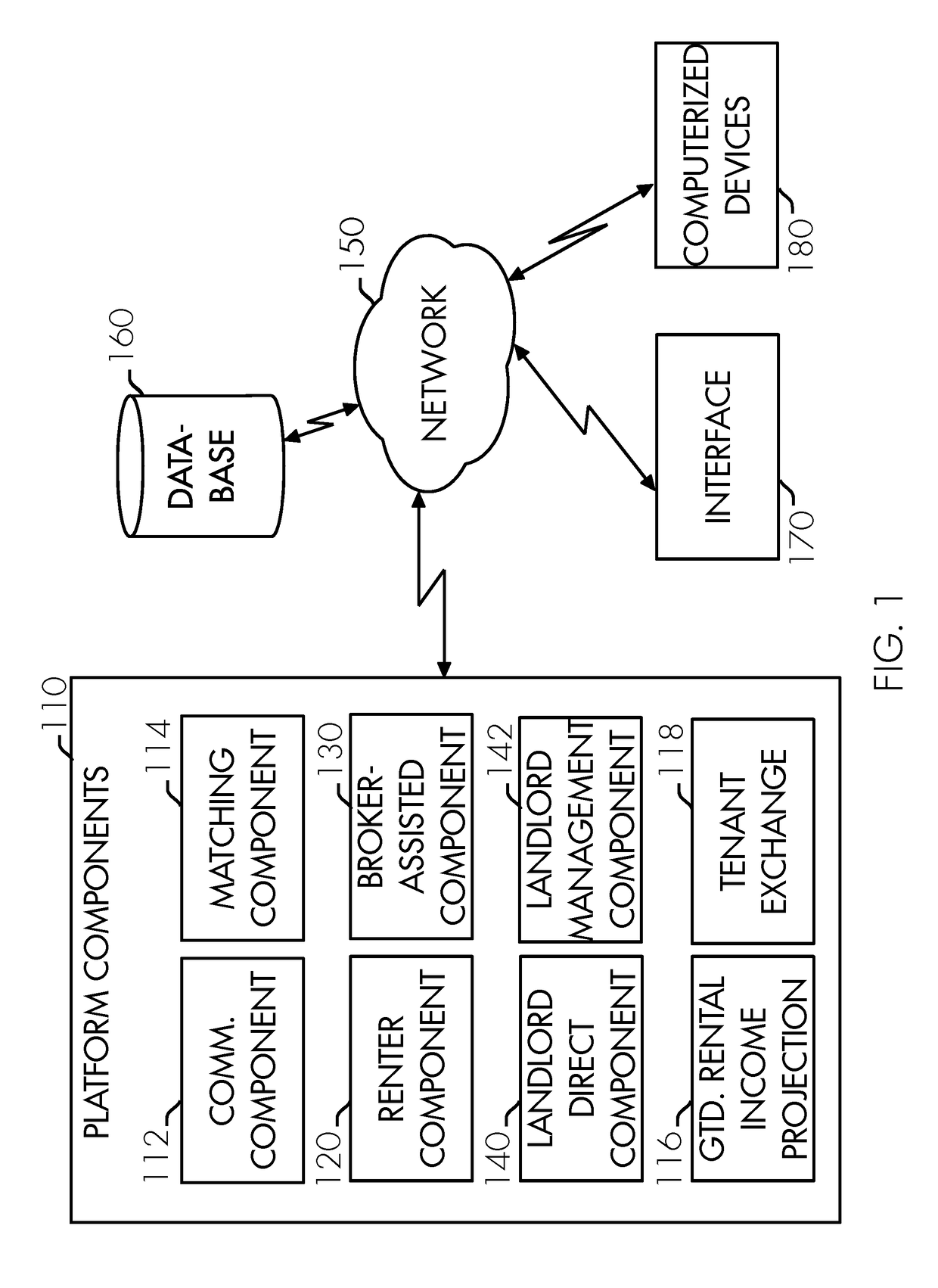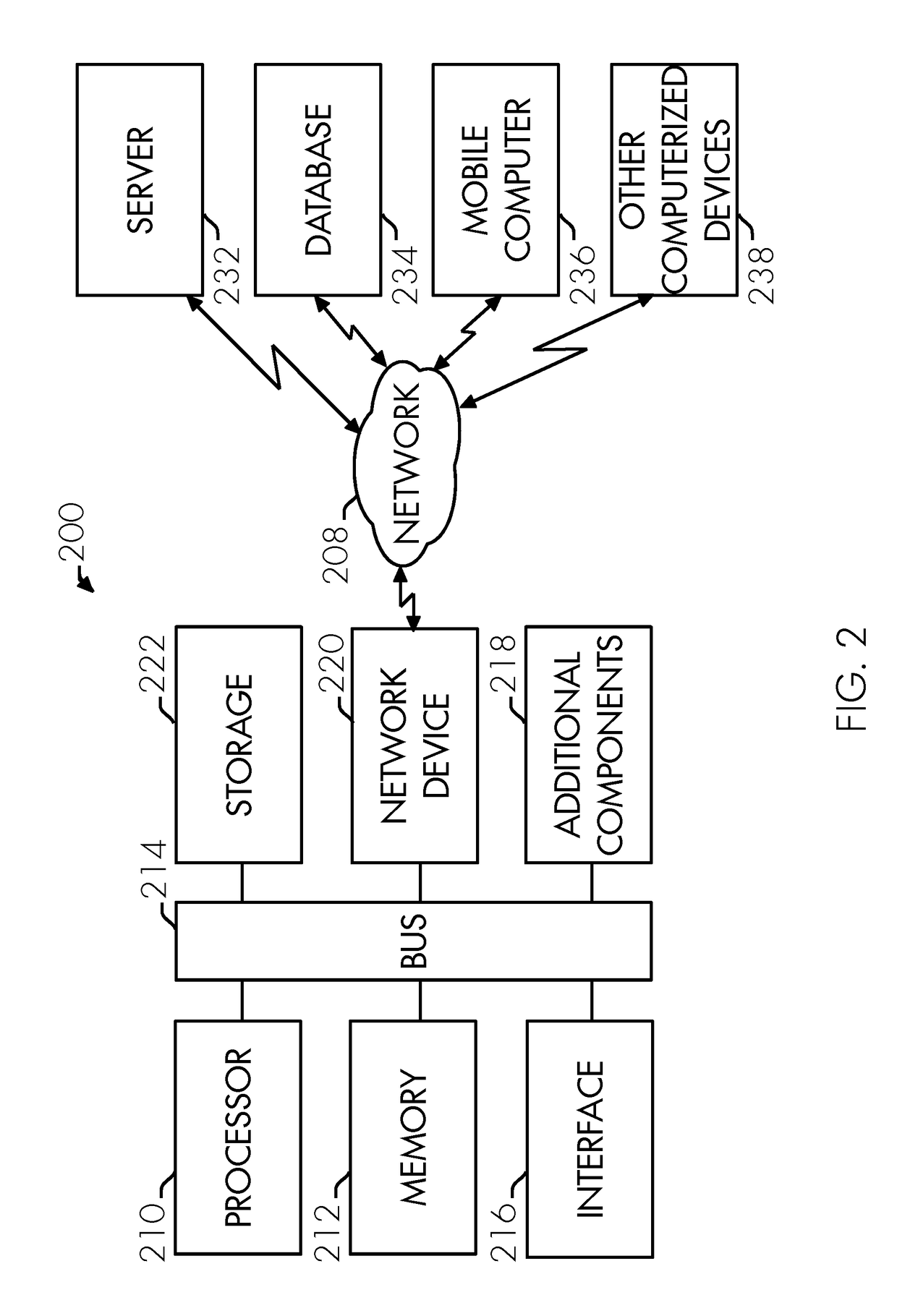The traditional residential rental process is slow, inefficient, and lacks transparency, which can create a large time and
cost burden on renters, landlords, and agents.
The current industry experiences renter-side problems.
Renters often incur losses due to a flawed rental process calculated by the loss of time and money.
Application fees cause the current rental searching process to be cumbersome, sometimes requiring renters to spend significant money on application fees while applying for units with multiple landlords.
Often, this review occurs multiple times with multiple credit retrievals that damage the renter's FICO
Score.
Furthermore, rent
payment performance is not reported to the credit bureaus.
Many qualified renters with low FICO or other difficult past are often considered too high a risk to be qualified to rent, and many renters face a real
threat of homelessness.
No known practice can consider actual renter risk to prevent good renters, regardless of their FICO, to being grouped with bad renters and left with few to no housing options.
Furthermore, renters are generally forced to compete for apartments whenever those apartments become available and marketed on various websites.
Competition is a major hurdle for renters.
This is highly inefficient, and renters have no organized data resource which would allow renters to apply for apartments in anticipation of an upcoming vacancy.
There is no currently known way for renters who were not selected for a rental to reuse their application with a different landlord and avoid another application fee and another credit check.
However, data is not shared across the platforms.
Alternatively, if a renter applied with a landlord and the application did not result in a lease, the renter must start all over with another landlord or broker—often being forced to complete new paperwork, pay more application fees, have their credit
score run again, and spend additional time, money, and / or energy restarting the same process somewhere else.
Sometimes, listing data is inaccurate compared to what a landlord says over the phone.
If listing data is different from the info the landlord gives, this creates
confusion which isn't easily rectified.
Other than
flagging an advertisement, there is no way for the renter
community to update “true-up” listing info.
When a renter finally rents an
apartment, unknown bad conditions may become known, including bad neighbors; hidden issues in the building like mold,
radon, bugs, rodents, or gang and
drug activity.
Mainstream online review outlets can't be trusted to uncover these issues.
Furthermore, renters currently don't have an option to join an online “renter only”
community where they can engage other renters and tenants in a
social media setting.
Additionally, there are no known renter-member platforms where renters can engage in commerce with other renter members and / or third parties to buy, sell, and trade goods and / or services.
Furthermore, renters currently do not have an option to join an online “renter only”
community where they can engage other renters and tenants in a
social media setting.
Additionally, there are no known renter-member platforms where renters can engage in commerce with other renter members and / or third parties to buy, sell, and trade goods and / or services.
The current industry experiences broker-side problems.
Rental Agents who focus on residential leasing would often rather network and invest in marketing rather than do all the repetitive tasks of qualifying, matching to property, and showing apartments, as supportive work is a huge investment of time and money with very little return.
Agents also incur tremendous expenses during their regular course of business.
Many rental agents waste money on MLS fees or a commission split with a cooperating agent.
There is no known clear way of learning in advance what sort of compensation an agent will earn working for a brokerage.
Moreover, some brokerages have a culture of
poaching leads from agents, not paying commissions, reducing commission without warning, and not disclosing all costs payable to the brokerage when a deal closes.
Real property viewing expense can be an issue.
While under pressure to meet financial obligations, some agents may give a landlord an application lacking adequate renter data to determine a renter's qualifications.
Currently there is no known, simple, and affordable
management tool available to an agent or brokerage to track worker accountability and generate reports for advertisers, landlord data procurement personnel, agent team members, and
office staff.
There is no known simple way for agents to sell, transfer, and / or track leads serviced by other agents.
Additionally, if a lead is transferred within an agent's team or sold to other agents, the lack of lead process transparency can be a major hurdle which prevents the buy / sell / transfer of leads and inhibits the growth of team structures.
However, once a lead is referred to agents outside of the brokerage, tracking is nearly impossible and business is then transacted on an honor system.
The lack of trusted leads tracking for
referral compensation can lead to a “lone wolf syndrome”, which can cause most agents to work on their own, not share leads, not share information, and not work in teams.
Agents simply lack a transparent process that will give agents assurance that their referred lead will get serviced, and that the referring / originating agent will get paid when the referred lead closes.
High producing teams, once built, are not currently monetizable.
Agent created teams, is an investment not easily monetizable and it is currently not easily transacted by an agent that may want buy, sell or transfer a team that produces income or controls assets.
One new listing process that does not exist in the MLS can easily take half a day, even with the help of
electronic document signing services because of the many forms and lengthy input procedure.
For agents and landlords, organizing rental leads is also very complicated.
Phone intake, emails, documents, forms, text messages, application and
verification forms, questionnaires, and scheduling all takes a tremendous amount of time.
No known platform exists to easily convert these leads, into money, which an agent or landlord worked so hard to accumulate.
The industry currently lacks solutions for landlord-side problems.
This can in part be due to lack of data transparency.
Despite the positive references, landlords may have an incomplete picture as to whether a renter will really pay rent.
Other issues that lack transparency can include how the renter behaved around his previous neighbors or whether the renter was polite to the maintenance people and landlord.
For a landlord, trying to find the right tenant consumes tremendous energy, involving numerous emails and phone calls, screening applications, verifying all the info received, and conducting real property showings and interviews.
No known website or technology exists that gives landlords the option to hand-pick renters from a renter candidate
list which compares and matches the landlord's criteria and / or requirements against the profiles of renter candidates.
Currently, there is no option for renters to contact landlords with an offer to lease in advance of a scheduled lease expiration.
Landlords cannot passively receive rental applications unless landlords advertise their apartments for rent.
While some products may attempt to offset eviction costs, no known product exists that will protect the landlord's rental income.
If a tenant requests a service, the investigation and resolution process is complicated and
time consuming.
This is time-consuming.
Many landlords do not have established relationships with maintenance
crew, vendors, and various supportive services.
Finding qualified people to answer landlord's specific service needs, including but not limited to tenant service requests, is difficult.
More importantly, there is no known system that integrates all these services with a landlord's property management and bookkeeping system.
There is no known system that allow landlords to easily analyze and view revenue and expense reports by unit.
Furthermore, landlords have no known simple and affordable system or method to substantially automatically track and report timeliness of renter
payment, frequency and severity of maintenance issues, and other issues as components of a weighted renter / tenant
score.
 Login to View More
Login to View More  Login to View More
Login to View More 


